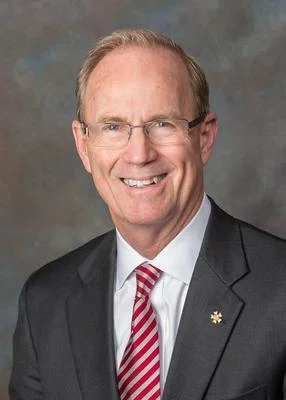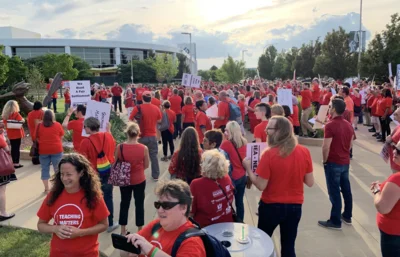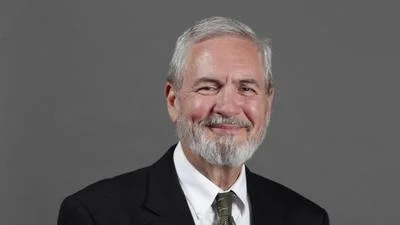State Rep. John Cabello (R-Machesney Park) | Facebook / John Cabello
State Rep. John Cabello (R-Machesney Park) | Facebook / John Cabello
State Rep John Cabello, responding to the recently released arrest rate statistics for the city of Chicago, blames the passage of the Safe-T Act as one of the contributors.
“It looks like police are doing what we feared they would do when they passed the ‘no Safety Act,’ and that is pulling back to not have to worry about all the drama,” Cabello (R-Machesney Park) told the DuPage Policy Journal.
He was referring to one of the concerns that opponents of the Safe-T Act voiced, that it would basically put too many restrictions in place, thus hampering police from doing their jobs and ultimately giving criminals broader leeway to commit offenses.
Data for 2022 show that in Chicago arrests were made for only 5% of offenses in the area of major crimes that included murder, sexual assault, aggravated battery and carjacking, significantly down from the arrests made in 10% of the cases that were recorded in 2019, Wirepoints reported.
Wirepoints recently published the arrest rates for seven “major crimes” categories, as defined by the federal government. Federal reporting guidelines say “major crimes” include: homicide, criminal sexual assault, robbery, aggravated battery, burglary, theft, and theft of motor vehicles.
When reviewing all seven categories of major crime, Chicago’s best arrest rate was for homicide, where arrests were made in 28% of the cases. That’s a drop from making arrests in 41% of slaying cases in 2020, and a 33% arrest rate in the same category in 2021.
The arrest rate for aggravated battery was second best, with suspects being processed in 16% of the cases.
In the other five major crime categories, arrest rates were no higher than 5%.
Cabello said the Safe-T Act makes “people feel like they’re wasting time arresting people, only to see so many of them just released back to the streets.”
He suggested that the best way to reverse the trend would be overturn Safe-T Act, as “it’s not making anyone feel safe.”






 Alerts Sign-up
Alerts Sign-up